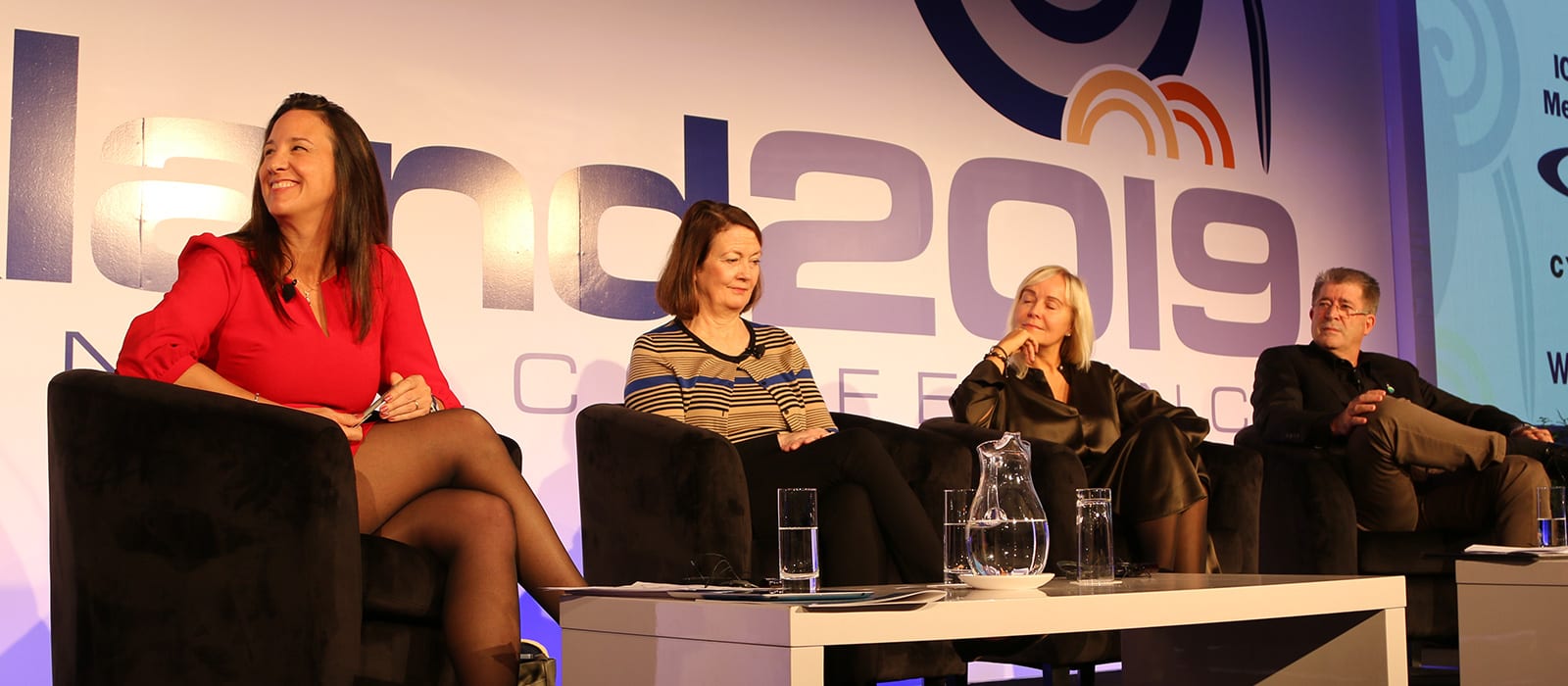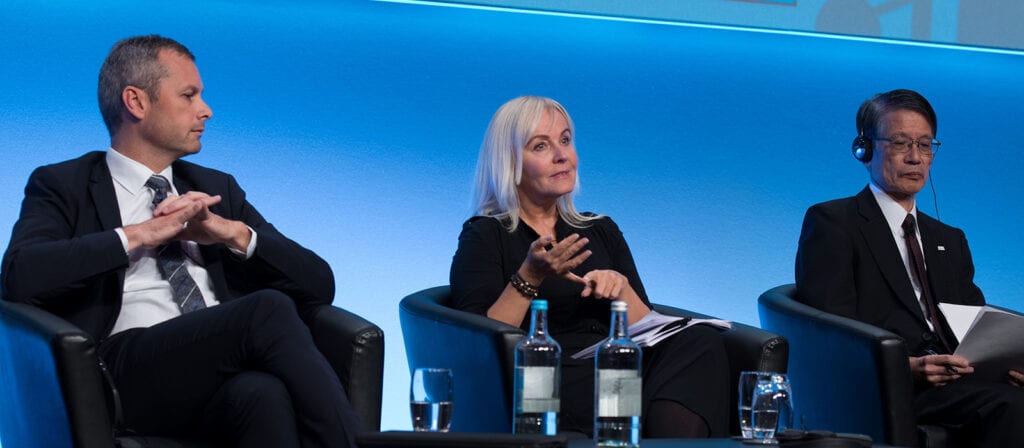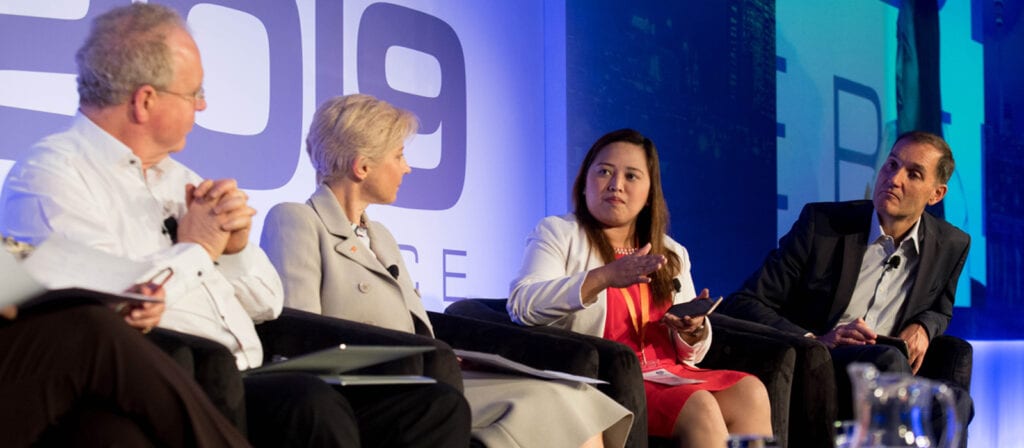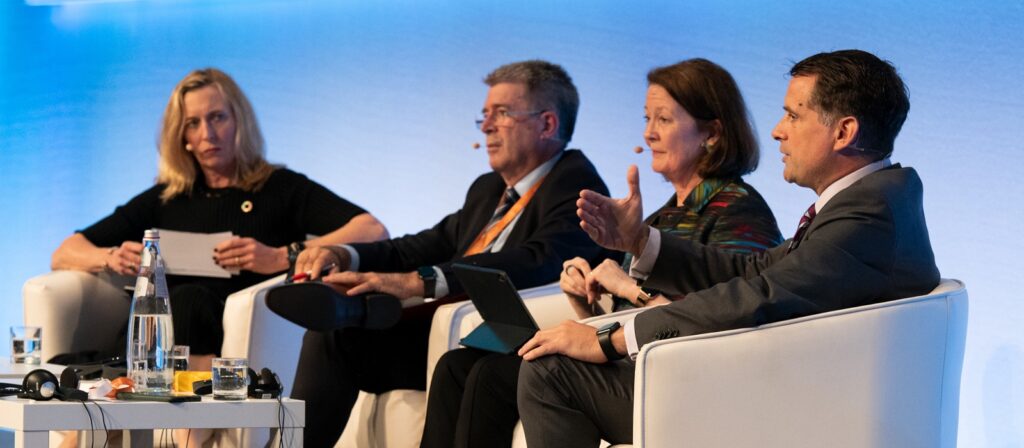Emerging technologies such as artificial intelligence, big data, and the Internet of Things (IoT) are just some of the technological advances that are very likely to have a significant impact on the global insurance industry in the next 25 years. Today, creativity and innovation are already recasting the definition of risk. Harnessing big data allows insurers to better understand risks, but new categories of risk will arise alongside these technological advancements.
Regulation will ensure new entrants will not “run away” and take control of the industry. Regulated entities will most likely become more specialised in underwriting and claims handling, rather than capital providing. The most successful companies will have large technology departments and collaborate in the technology ecosystem. However, niche companies with a meaningful purpose or social benefit, will attract the customer of tomorrow and so the mutual model “may experience a resurgence”. Insurance in today’s world has become a localised business – and it may very well remain so in the future.
But how do mutual/cooperative insurers continue to evolve in order to stay relevant in this fast-changing world and embrace the future?
Thrivent (USA) is undergoing a holistic shift from being a product-centric life insurance company to a customer-centric diversified financial services company. Human-centred design and agile methodologies have helped Thrivent develop new products and services that will meet customer needs in the future. Thrivent has also developed a new purpose one example being how it has modernised its brand to appeal to the next generation thus providing Thrivent with an advantage by being recognised as a company which people admire and want to do business with.
LB Group (Denmark) has also recently reimaged its purpose with a new strategy: together with its members, they “will make insurance redundant”. This represents a significant change of business model and transformation on the basis that, in 25 years’ time, LB Group will not be an insurance company, but a service provider and will shift from paying claims (protection) to preventing claims. New risks will emerge, and LB’s role will be to work with members/customers with the aim to secure their everyday lives, creating value with, and for, its members as they become partners in the ecosystem. Data and technology are key elements (LB is already using IoT technology in their smart home solutions) but trust will be the differentiator for mutual insurers.
In preparation for the future, MAS (New Zealand) has been thinking strategically about how it will integrate digital technology into supporting their business proposition. Its staff are central to the strategy and personal service acts as a differentiator. The question for MAS is where to implement technological solutions into the value chain in order to create the best value for the organisation and also provide the best value to customers. Customer trust will remain a strategic advantage for MAS and is one way in which the company can improve by using data insights to gain a better understanding of its customers.
Session panellists:
- Andrea Keenan, Senior Managing Director – Strategy & Communications, AM Best (USA)
- Teresa Rasmussen, President and CEO, Thrivent (USA)
- Anne Mette Toftegaard, CEO, LB Group (Denmark)
- Martin Stokes, CEO, MAS (New Zealand)







